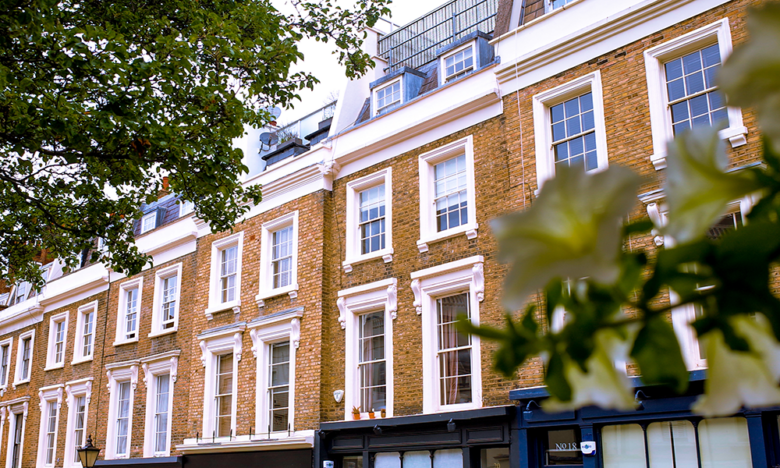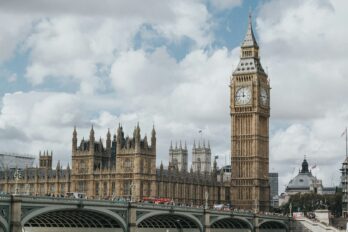
What Work Can I Do to My Leasehold Property Without the Freeholder’s Permission?
While you may think that if you own a property, you can do whatever you want to it, if you’ve purchased a leasehold, the lease terms will dictate what you can do without gaining the freeholder’s permission. Before starting any major projects, you’ll need to check if it’s allowed within the lease terms; if not, you’ll need to follow the necessary procedures to gain permission.
What is a leasehold property?
It’s important to know that buying a leasehold property differs from buying a freehold. Rather than owning the property forever, as you would with a freehold, a lease gives you the right to occupy a property for a set amount of time (usually between 99 and 999 years). Most flats are sold as leasehold properties with the freehold held by the builder or a firm to which they have sold the freehold.
What changes can I make without the freeholder’s permission?
While individual leases will vary, as a rule, you can make changes that don’t affect the property’s structure without asking for permission.
So, painting, decorating, and kitchen and bathroom refits will usually be fine. If you’re considering bigger projects, such as fitting wooden floors, installing new windows, making structural alterations, knocking down or adding walls, converting a loft, or moving or installing an additional bathroom or ensuite, you’ll likely need permission. This being the case, it’s a good idea to check your lease before you commit to any work. Some leases may also stipulate that you need permission for any major works involving plumbing or electrics, including changing your heating system or installing a new boiler.
It’s also important to note that even if you have access to an area such as a private garden or loft space, it does not necessarily give you any legal rights over it, so again, check your lease and make sure you gain any permissions you need if you want to carry out work.
How to obtain consent for alterations from the freeholder?
While gaining consent can seem like an unnecessary inconvenience, the good news is that freeholders are not allowed to withhold consent for alterations unreasonably.
Once you decide to carry out works requiring permission, you must contact your freeholder to explain what you want.
You’ll need to ask your freeholder for a licence to alter. This is a formal, written document that grants permission for the alterations to take place. It will also state how and to what quality the alterations must be carried out. The freeholder will want to ensure that any works don’t negatively impact the building’s structure, integrity, stability, or safety and won’t reduce its value. If this is the case, the freeholder should grant permission. The licence will also give the freeholder permission to inspect the alterations once the work has been completed, so they must be done according to the agreed-upon terms.
You’ll need to supply your freeholder with full details of the alterations you want to make, including plans of the proposed works. You should include engineers’ calculations and drawings if structural alterations are proposed.
The granting of a licence to alter is usually conditional upon other relevant consents being applied for, such as planning permission, building regulations approval and party wall consent. You may also require authorisation from your lender if you have a mortgage. A licence to alter will be issued in written form through a licence deed or sometimes a letter licence for simple works.
The details of your freeholder will be stated on your ground rent and service charge demands. The Land Registry website should give you the necessary information if you can’t find these.
The process could take a few months, and you will be expected to pay your freeholder’s reasonable costs.
What happens if I don’t get consent from the freeholder?
While it can be tempting to save time and money by not getting consent, this could cause serious problems in the long run. As you’ll be in breach of your lease, your freehold landlord could take out an injunction against you to stop you from carrying out the works. If they only find out once the works are complete, they could force you to reinstate the property, and you could have to pay damages. You could even be forced to forfeit the lease and lose your home in extreme circumstances.
It’s also important to note that failure to gain consent for alterations from your freeholder or getting planning permission from your local authority can affect your ability to sell your home. Your buyer’s solicitors will ask to see proof that the alterations were carried out with the freeholder’s consent and to the correct standards, and if this can’t be provided, the sale won’t be able to continue.

